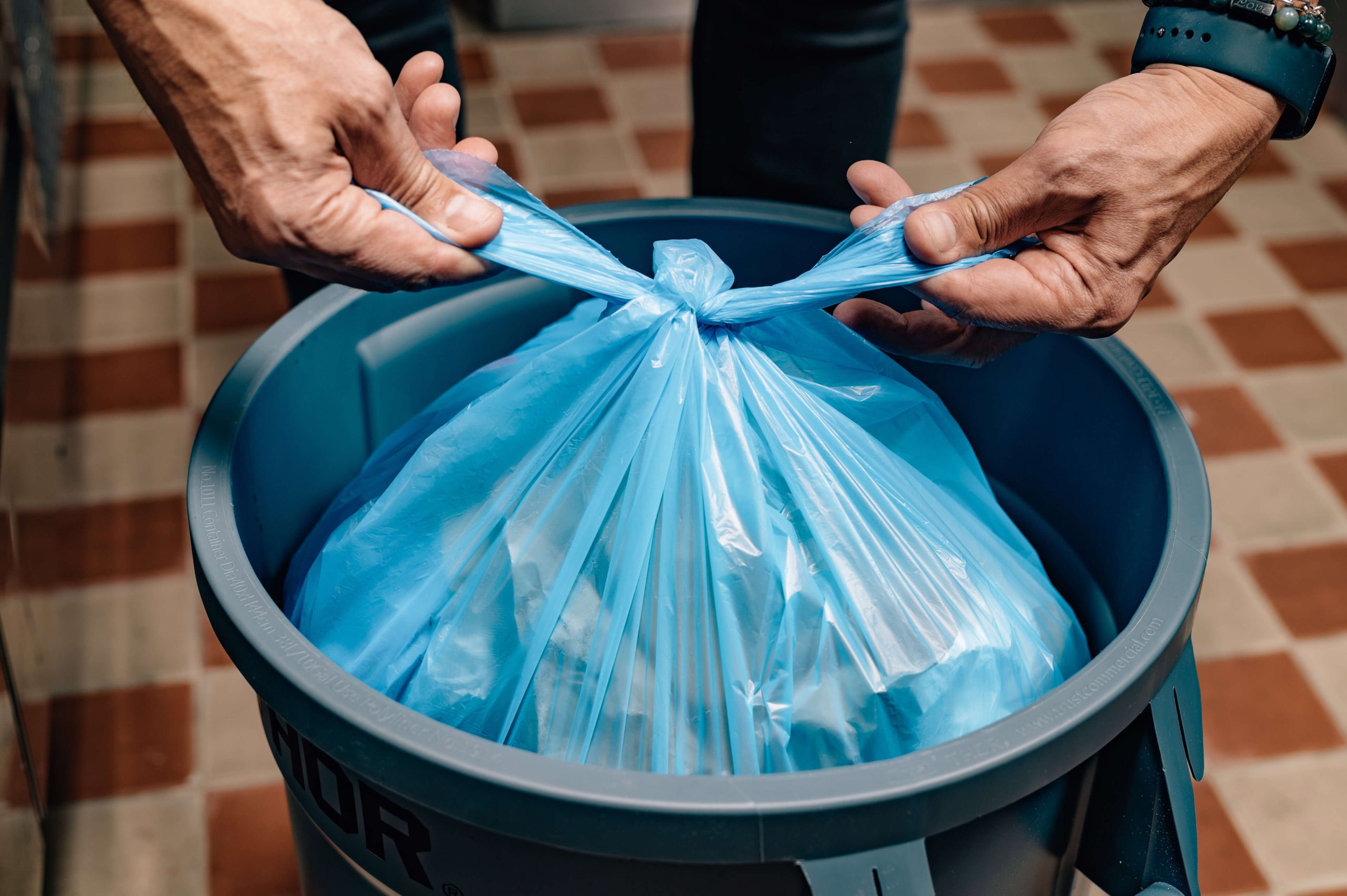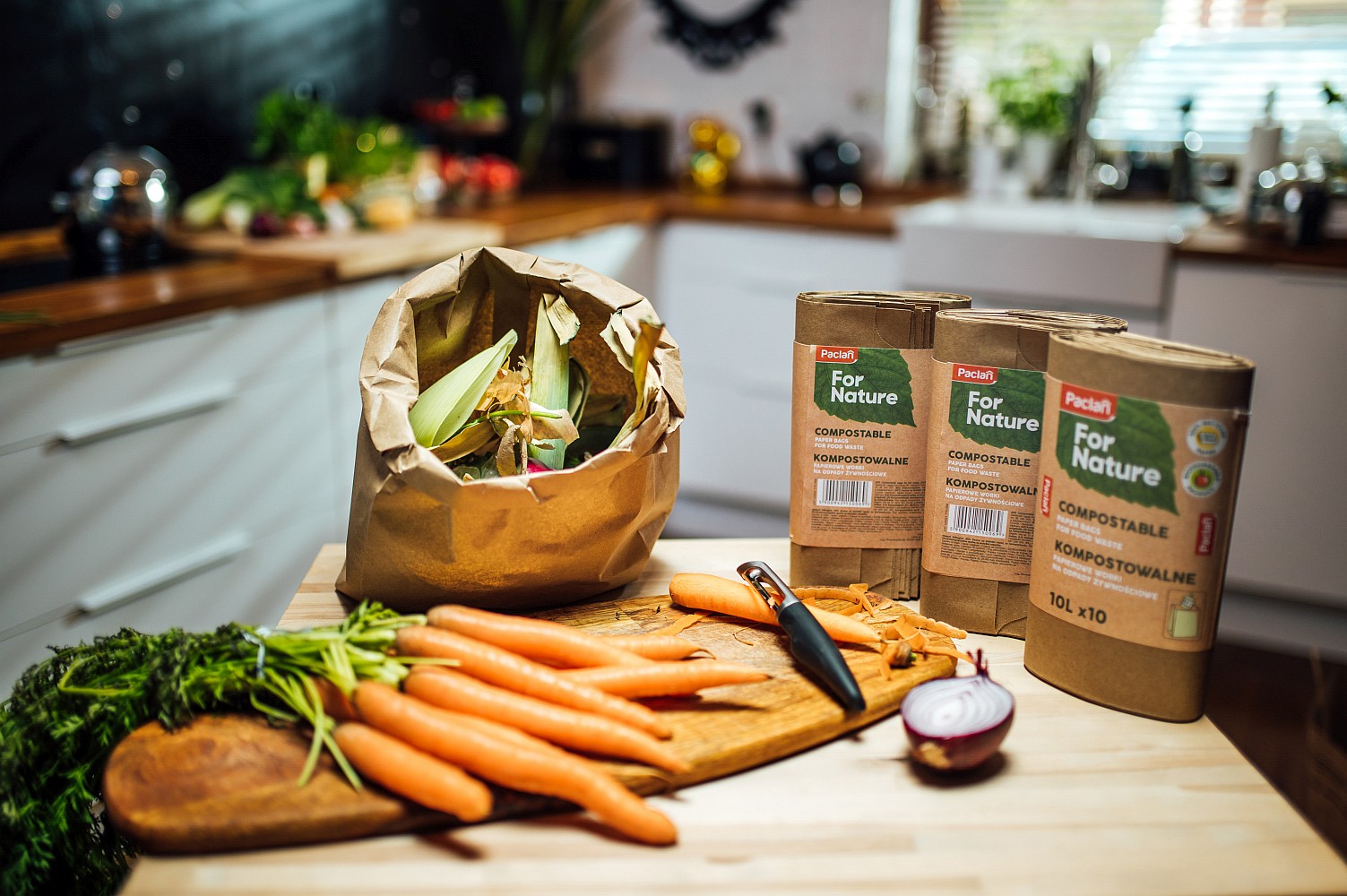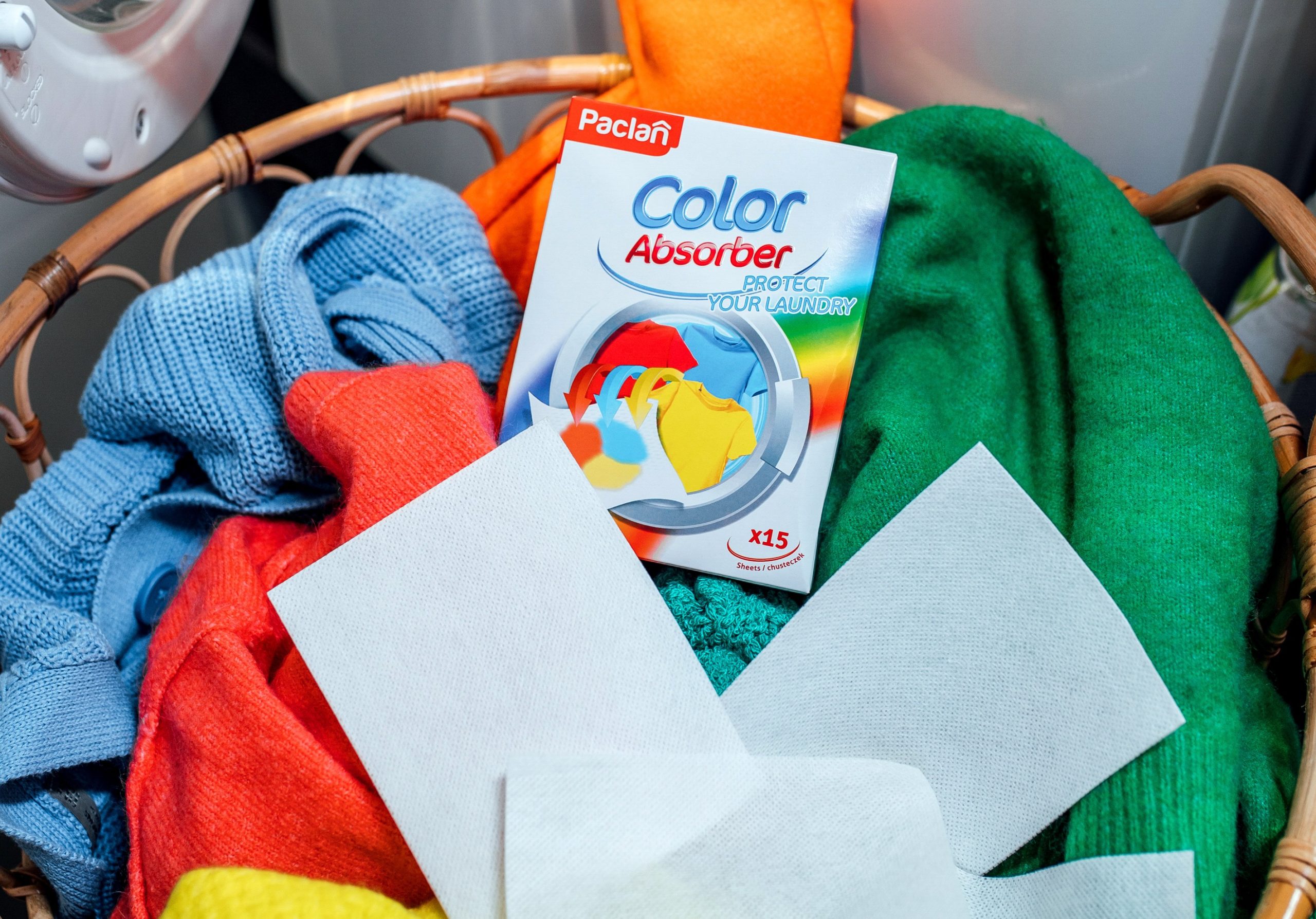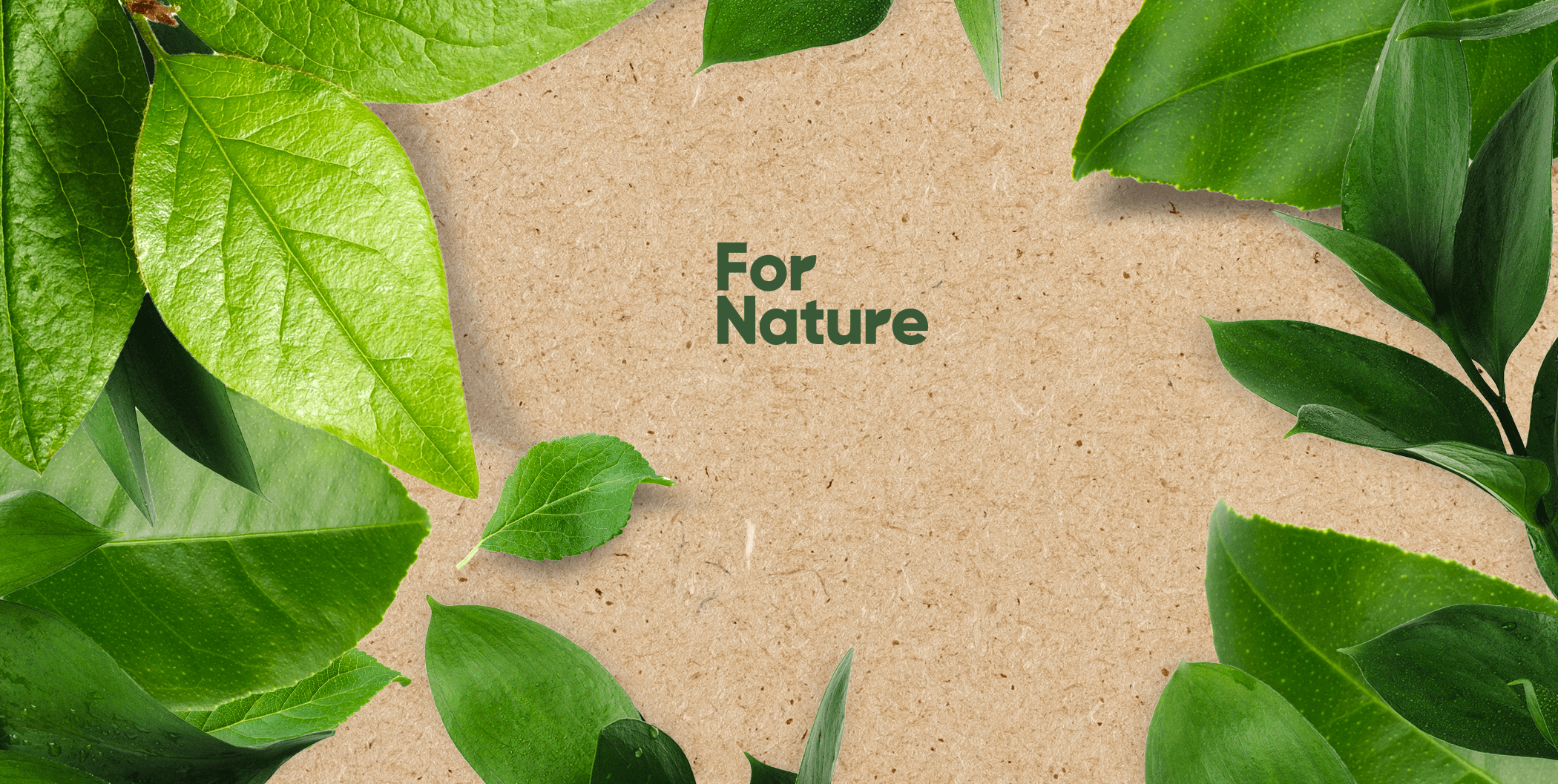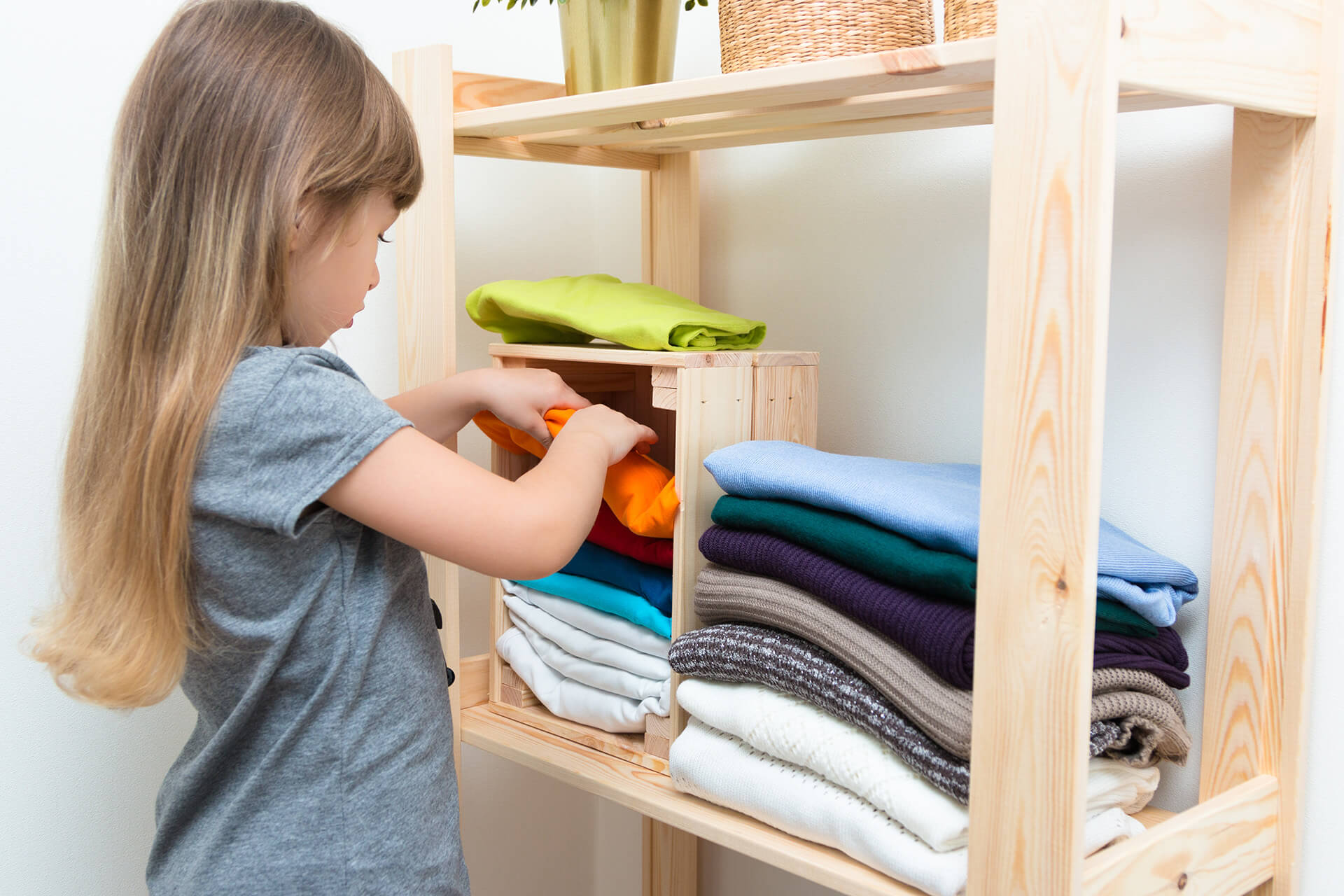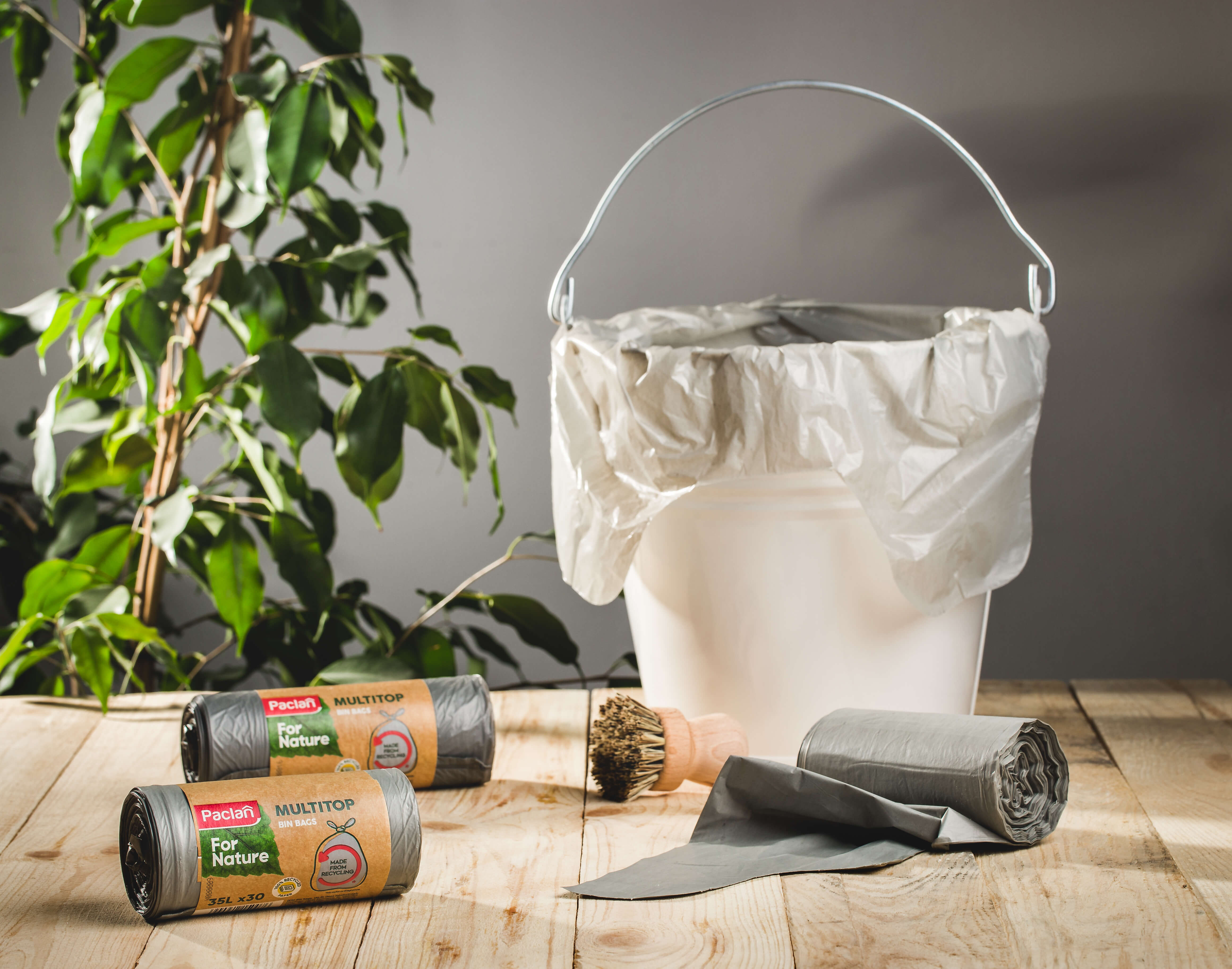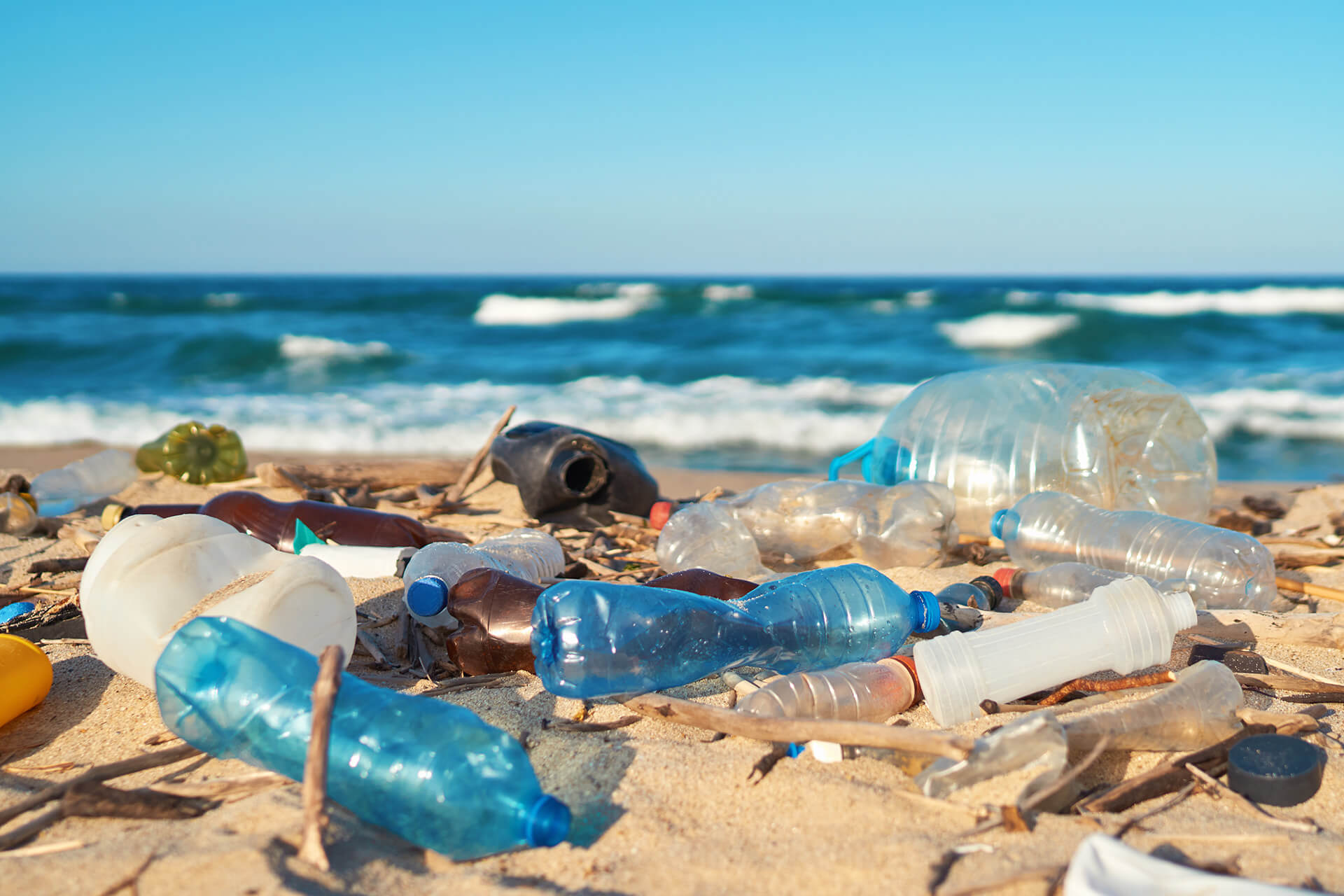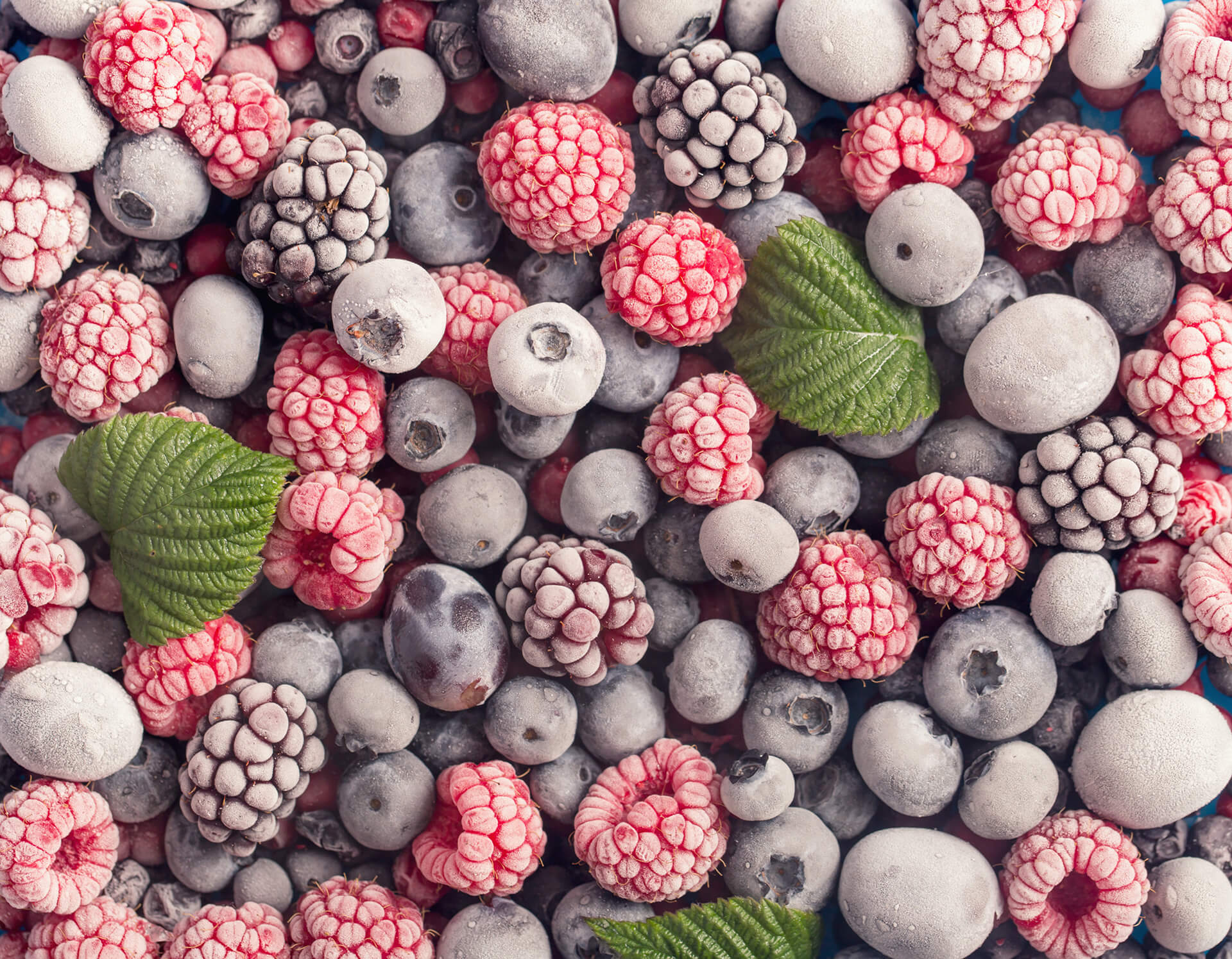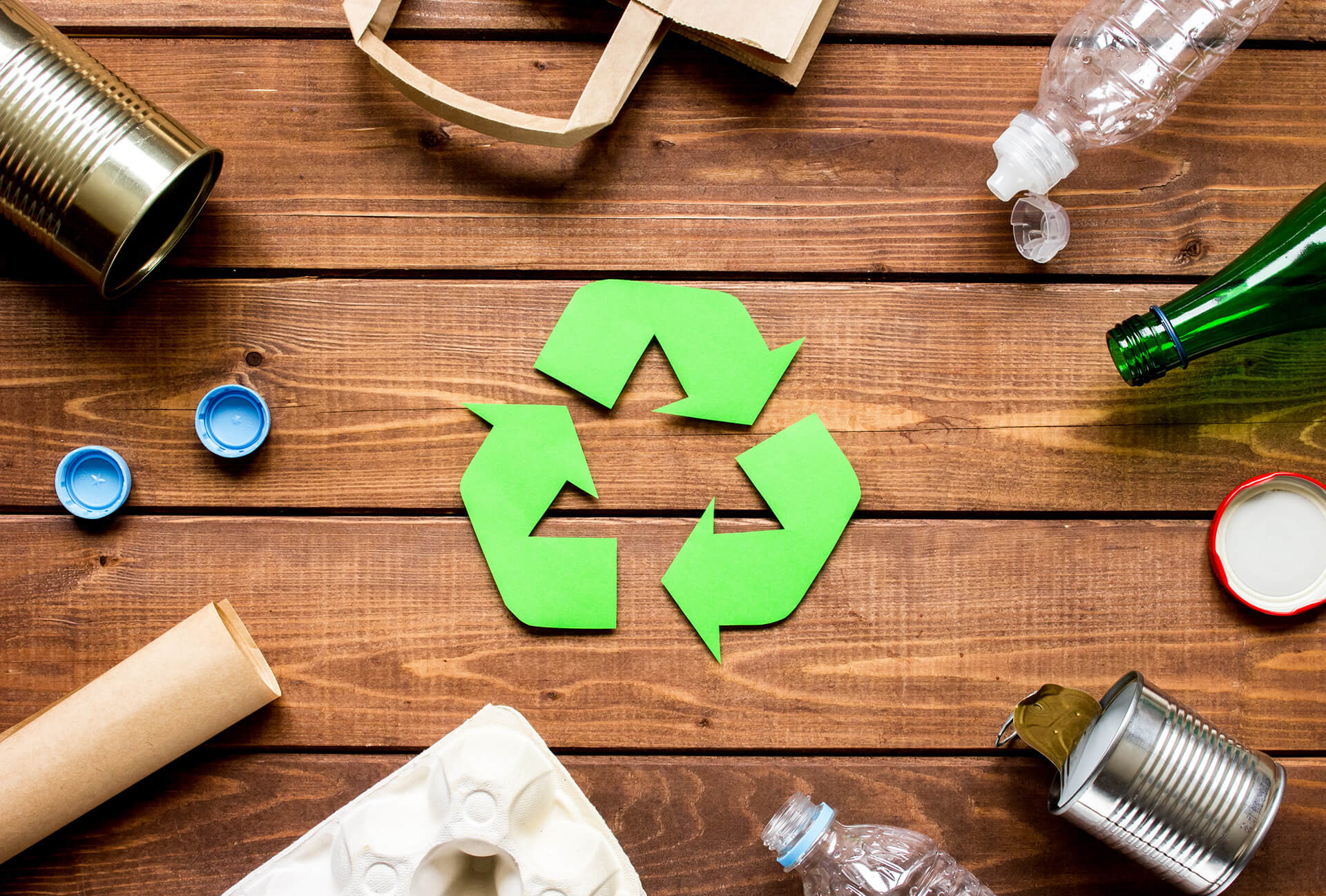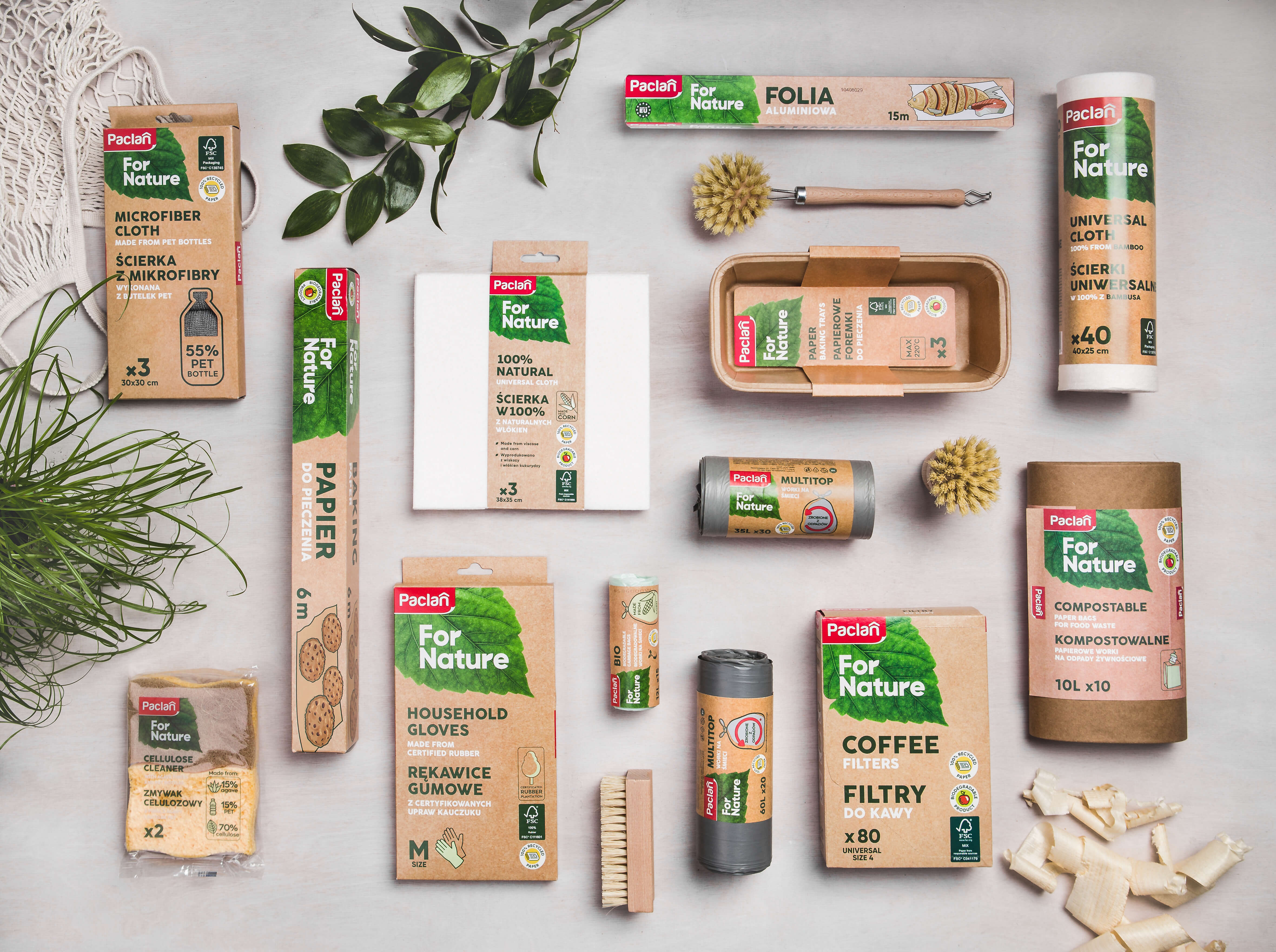Want to do your cleaning without using detergents? Try microfibre wipes!
The basic cleaning kit in almost every household consists of a specific purpose detergent and a cloth or sponge. We have a lot of such “combos”, and sometimes actually so many that they don’t fit in the utility cabinet. How about trying to tackle stains and dust without using chemicals? It’s doable! Let’s try microfibre wipes for cleaning windows, screens, or the car. We explain below how to use them correctly!
Microfibre has made a name for itself among a wide range of consumers – it’s used to produce cleaning materials, bedding, mops, clothing, and industrial filters. The widespread use is thanks to its high resistance to damage, which it owes to ultra-thin polyester and polyamide fibres. The resulting structure is not only durable but also highly absorbent. The combination of these features makes a microfibre wipe a very good solution for cleaning various surfaces in the home.
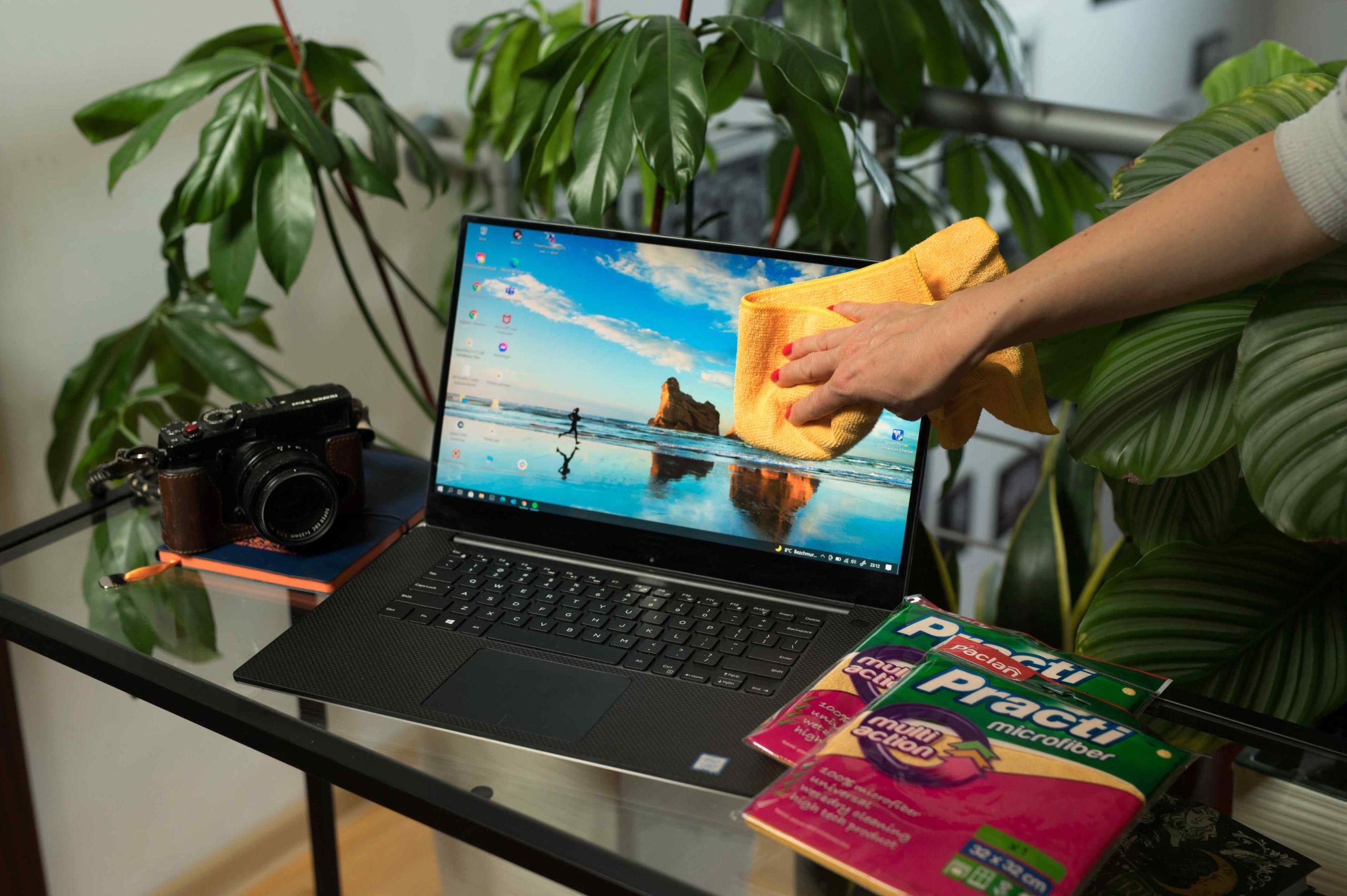
Microfibre wipes and their many uses
Few solutions are effective against dust on a laptop screen, marks left by greasy fingers on mirrors, and spilt water on a kitchen counter. As for products that can be used without detergents – there’s an even greater shortage of these. In all cases, a polyester microfibre wipe will do just fine. We can use it to wipe dusty houseplant leaves, clean the computer screen, or get rid of dirty marks on the windows. Importantly, without soaking or using glass surface cleaners. Just a few rubs and the soft and absorbent material will thoroughly remove any dirt and dust. It’s a perfect option for allergy sufferers, but it has other benefits, too!
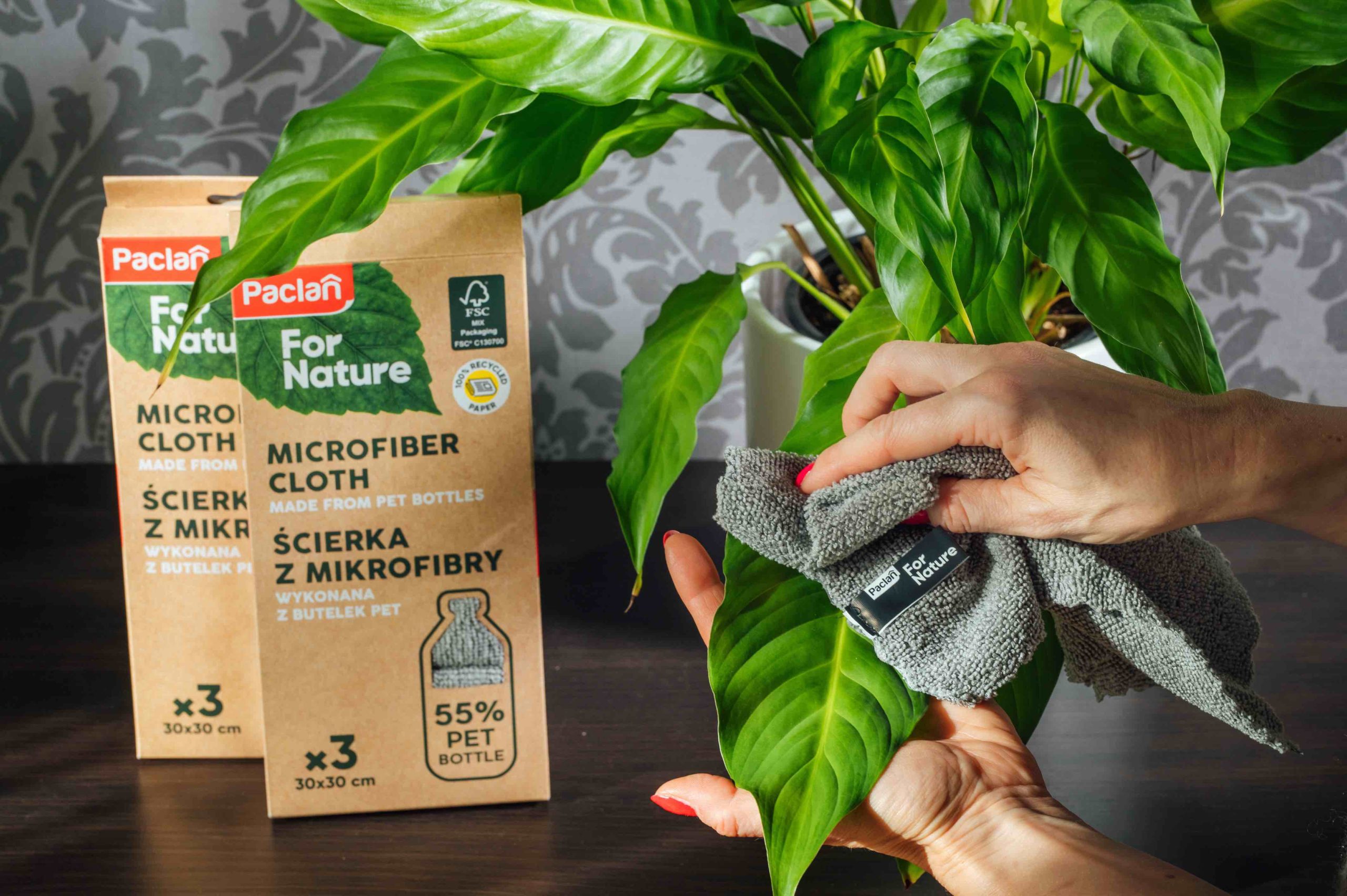
“Few people enjoy cleaning their windows – it takes a bit of hassle to make the greasy stains and dust disappear and then to keep the glass streak-free. This is why we keep polishing until the job is done, and sometimes only when the sun comes out can we see that there are small imperfections left in places. Using professional microfibre cleaning wipes does away with this problem as you don’t have to wet-clean windows or mirrors with detergent, which eliminates wet marks and prevents streaks. It’s possible thanks to the structure of the fabric, which absorbs dirt inwards without it being spread over its surface. You’ll achieve a similar result when removing dust from the screen of a TV or laptop – there will be no sign of dirt or the moves of the wipe,” says Marta Krokowicz.
Time for a big clean-up
Considering how many surfaces require regular cleaning, it’s worth asking the other household members for help and supplying them with practical water-free wipes – after all, if the tidying up is done by a larger group, it goes much more smoothly.
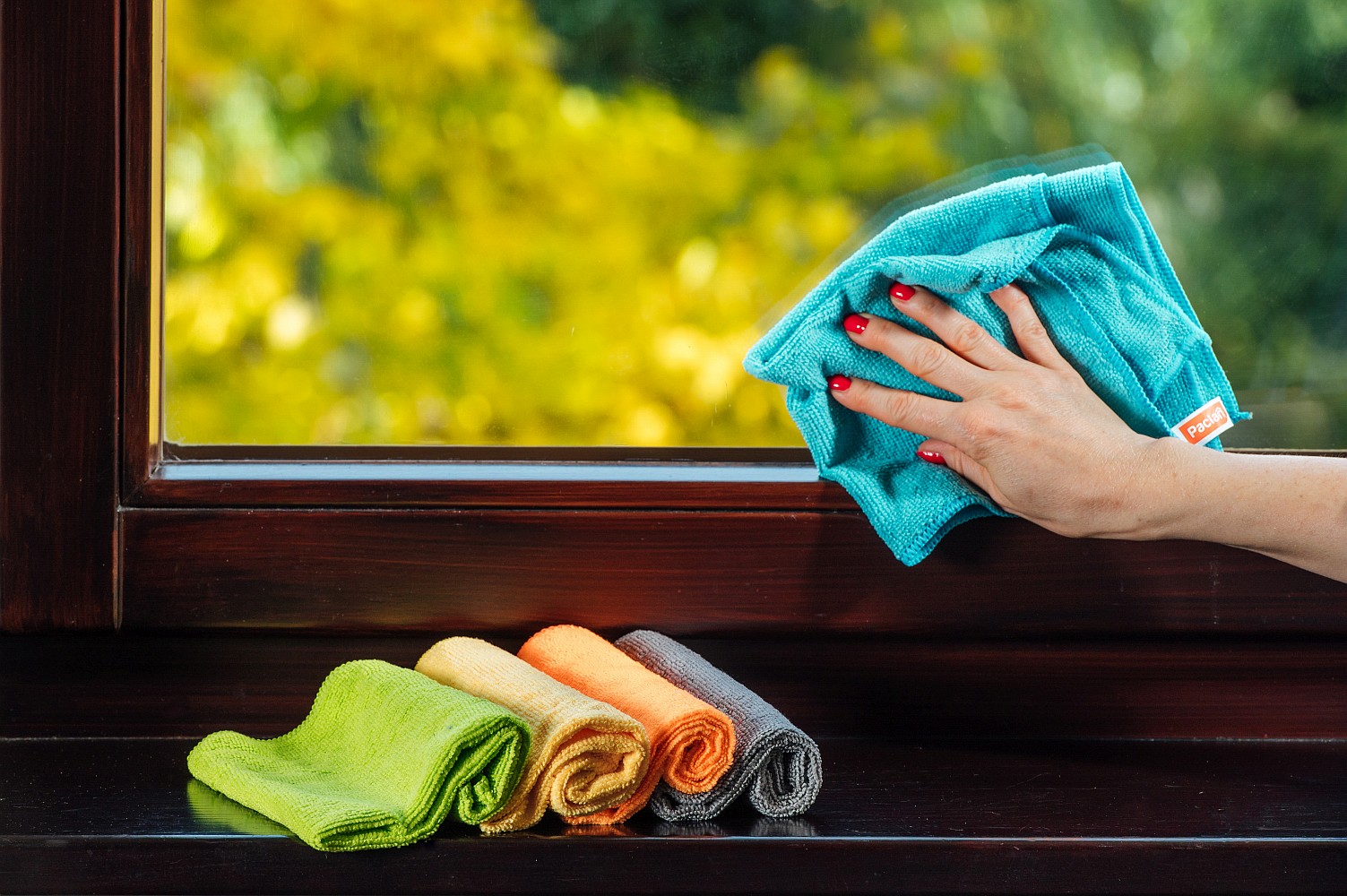
Remember the principle of task division – give each of your helpers an area to clean and equip them with a microfibre wipe. This is where a set of 5 Practi products in different colours will come in handy, as each household member will have their own. A set will also be a good option if you want to have different wipes for different uses – for example, the blue one can be for cleaning kitchen worktops and removing water, while the yellow one can be used for cleaning windows and other glass surfaces. It’s also advisable to try out an eco-friendly wipe made from PET bottles. The use of recycled material is good for the planet and the product itself has the same properties as classic microfibre.
How do you wash microfibre wipes?
Cleaning products made of ultrafine microfibres can last for a very long time – it’s enough to take proper care of them. Also, they are reusable, which is a huge advantage. Their durability makes them machine washable. It’s best to use a gentle powder, refrain from using a softener, and wash them at 40-50°C. After washing, you can soak them in cold water to prevent stretching. A dried cloth should be folded and stored in a drawer for future use.
One of the most popular cleaning products is the microfibre wipe. Let’s take advantage of its multifunctionality and use it to do the cleaning quickly, efficiently, and, above all, without chemicals.





